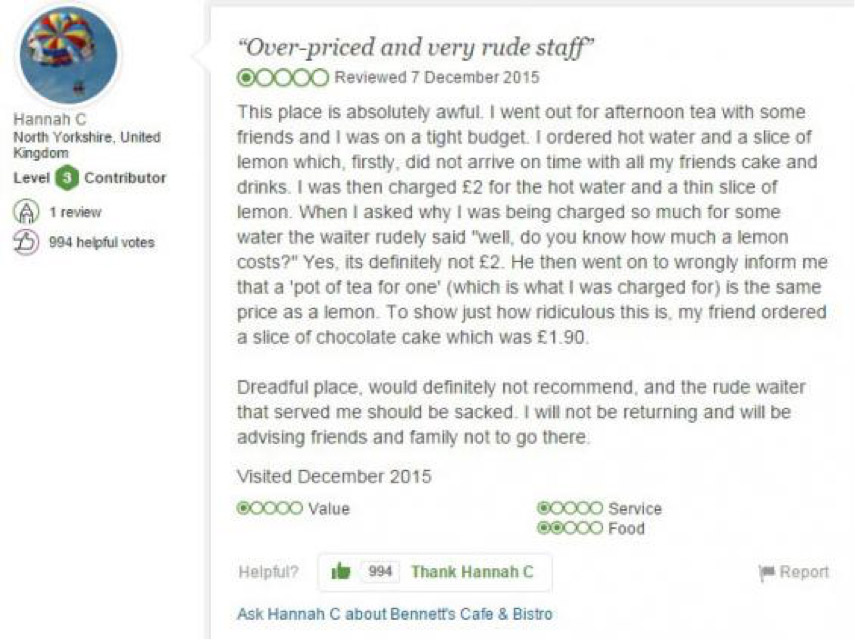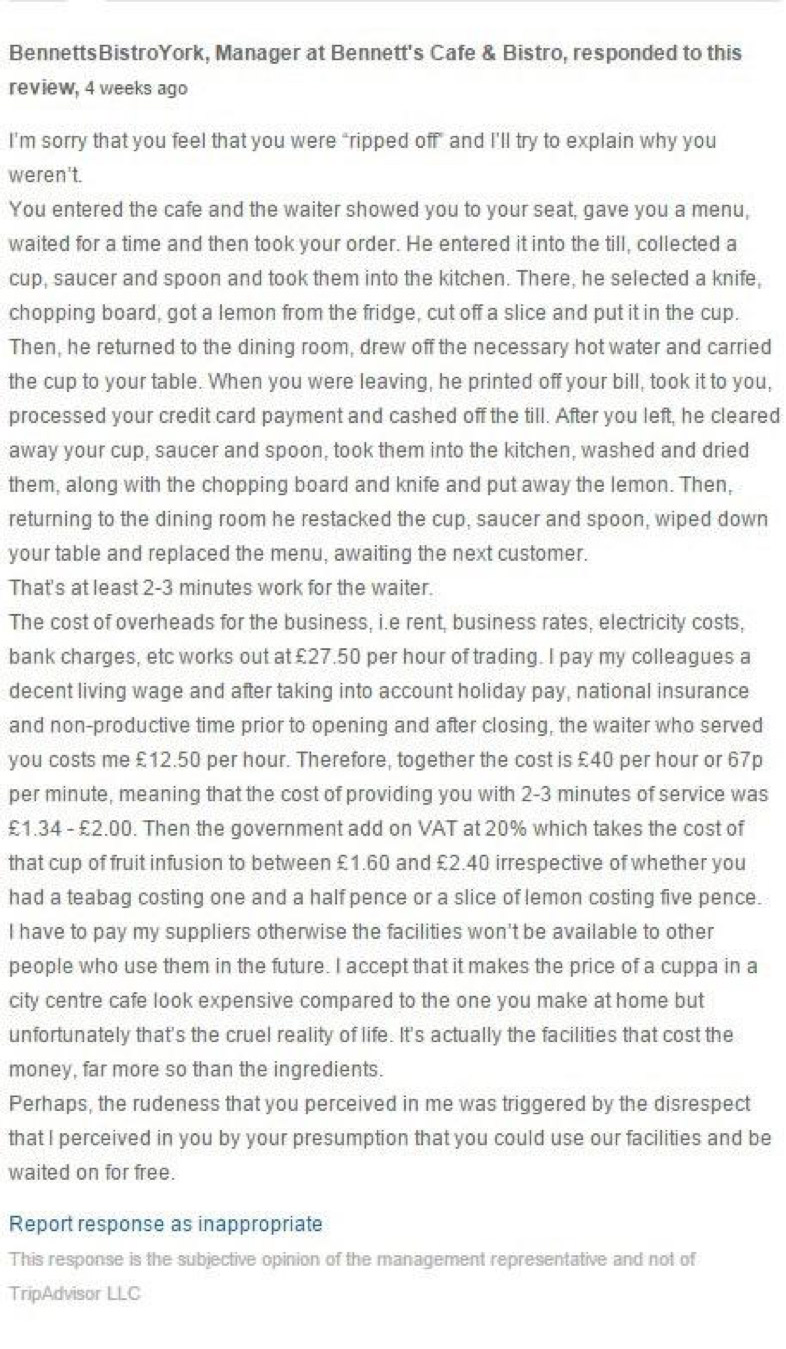Sticks and stones may break your bones, but words will never hurt you. (Or will they?)
Although this old saying may have made its rounds on the playground back in the day, it doesn’t always hold true in the social media scene. Indeed, words can make or break a business. Considering an overwhelming 90% of customers say that their buying decisions are influenced by reviews on Facebook and other online reviews, it’s time companies start paying more attention. And get this, as of last month, Facebook has surpassed Yelp as the #1 review site online. Why? Because reviews are shared with friends via the newsfeed. Which review would you listen to more – one from a personal connection or from Random Joe? The answer is obvious – and why paying attention to your Facebook page reviews are more important than ever.
So how should you handle Facebook reviews – good and bad…
Positive Reviews Connect Your Customers
Social media platforms like Facebook have empowered brands to connect with customers unlike any other marketing on this planet. Your customers are in love with social media and they’re making their buying decisions because of what they read about your brand.
Positive reviews on Facebook are incredibly influential; more than 70% of shoppers will look at a customer review before they buy. So, when a review is found to be useful, that customer will tend to make a purchase.
95% of customers share bad experiences with others. (Zendesk)
Your customers are interacting with their circle of friends in a very authentic way…they trust each other and they are using their friend’s feedback to make their own buying decisions.
Responding to Positive Reviews
If a customer takes the time to leave a stellar review, thank them for it! Think about the review online the same way you would respond to receiving feedback in person. If someone walked up to you raving about your business, would you just ignore them and walk away? No! Just because you’re not putting out a fire doesn’t mean the feedback was not valuable. Give it more attention than just a “thumbs up.” Respond quickly with a sincere, personal thank you – or for bonus points, insert some wit or personality in your response!
52% of consumers have made more purchases from a company after having a good customer service experience. (Zendesk)
How to Handle Negative Reviews
25% of customers are likely to say something positive about their customer service experience. (Harvard Business Review)
65% are likely to speak negatively about their customer service experience. (Harvard Business Review)
It’s bound to happen. But if handled properly, bad reviews have actually been shown to improve a conversation. By a whopping 67%.
You can actually use it as an opportunity to build trust with consumers and build your brand reputation for making your customers your top priority. Mistakes happen. Acknowledge the customer’s issue in a conversational tone and let them know it’s being looked into. Take their bad review, handle it promptly, and you can actually turn the situation around.
58% are willing to spend more on companies that provide excellent customer service. (American Express)
After your initial response, further the conversation out of the public eye- offline. Facebook allows customers to message businesses directly through Facebook Messenger; take advantage of that. They even have a “Send Message” button directly on the ads that appear in the News Feed. Clicking on the button will open up a messenger window, allowing customers to privately message businesses directly. Or, you can make your response go viral…just be careful with this approach. Check out this (less than apologetic) response to a customer who left a terrible review about a café in York England:



